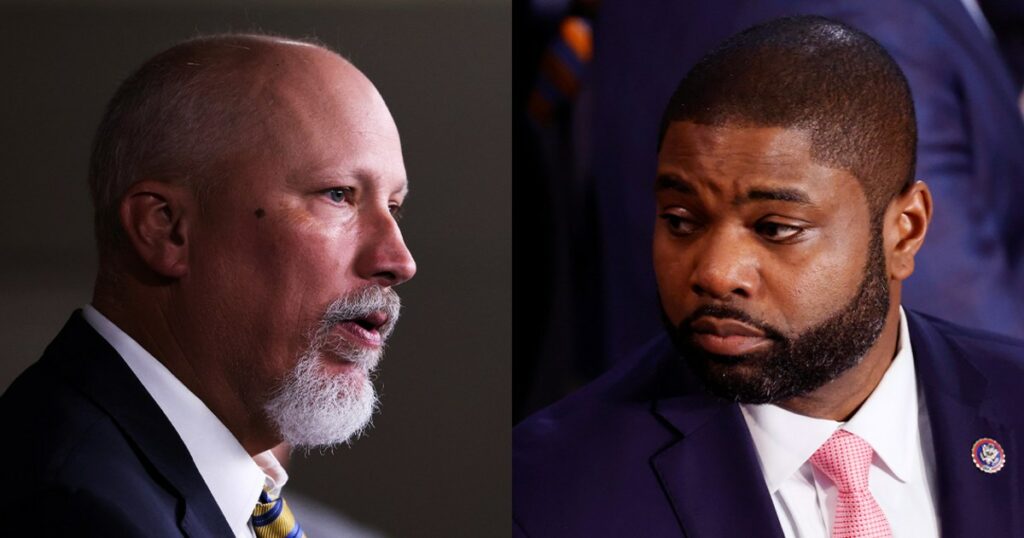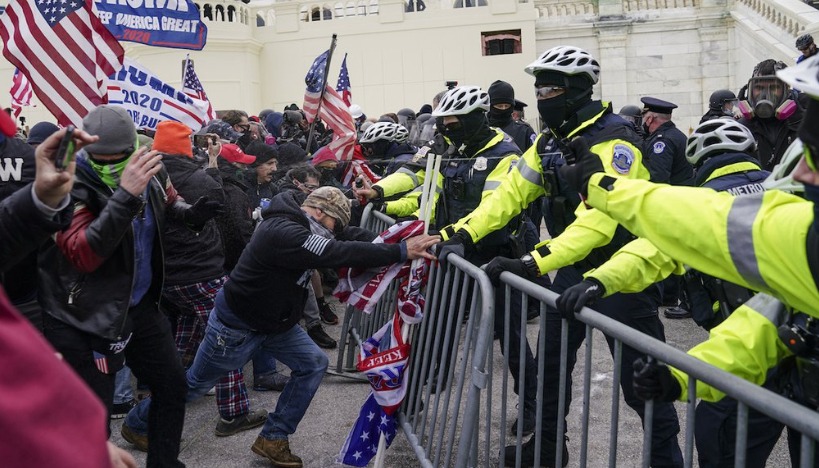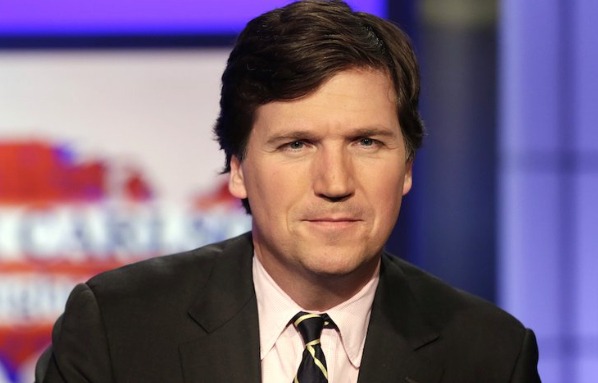Vanity Fair Reveals Disturbing Anecdote About Rep. Byron Donalds’ Role in Congress
A recent profile on Rep. Byron Donalds in Vanity Fair has shed light on the troubling dynamics at play within the Republican party. One particular anecdote from the profile highlights the extent to which Donalds, as one of the few Black Republicans in Congress, is being used by his conservative colleagues.
The profile includes an interview with Rep. Chip Roy, who nominated Donalds as speaker of the House earlier this year. Many criticized the move as a blatant attempt by Republicans to match the Democrats’ historic nomination of Rep. Hakeem Jeffries as the first Black speaker of the House. It was seen as a tokenization tactic for optics rather than a genuine recognition of Donalds’ qualifications.
Critics, including myself, called out this nomination as a shameless ploy. Rep. Cori Bush went even further, referring to Donalds as a “prop” and accusing him of supporting policies that uphold white supremacy. Donalds, however, vehemently denied these accusations, arguing that his nomination was not a mere diversity statement.
But Rep. Roy’s comments to Vanity Fair tell a different story. He openly admits that he nominated Donalds to shove it in the faces of Democrats who “play the race card every single frickin’ second.” Roy’s nomination speech, which Donalds did not applaud, included a solemn declaration about the historic moment of having two Black Americans nominated for Speaker of the House.
This spectacle was filled with cringeworthy moments, but perhaps the most disturbing is Roy’s objectification of his colleague. In Roy’s remarks, Donalds is reduced to an “it” – a thing that Republicans can use to taunt liberals. This dehumanizing position is demeaning for Donalds, even if he may benefit personally from it.
In many ways, Donalds finds himself in the role of Herschel Walker – his rise as a Black man in the GOP is likely to be determined by his usefulness in covering up the party’s bigotry.
This profile in Vanity Fair offers a revealing look at the complex dynamics within the Republican party and raises important questions about the treatment of Black Republicans in Congress. It is a must-read for anyone interested in understanding the challenges faced by minority voices within the conservative movement.
Unveiling Chip Roy’s Startling Reason Behind Donald’s Speaker Nomination
In the realm of American politics, the selection of a Speaker of the House is a crucial decision that can shape the course of legislative action and set the tone for the entire nation. Recently, a surprising revelation has come to light regarding the nomination of former President Donald Trump for the position of Speaker, and it involves the motivations of Congressman Chip Roy.
Chip Roy, a Republican representative from Texas, has been a vocal supporter of Donald Trump throughout his presidency and beyond. Roy’s unwavering loyalty to the former president has often been a subject of scrutiny, but his reasoning behind nominating Trump for Speaker of the House has left many astounded.
Roy’s startling reason behind the nomination is rooted in his belief that Donald Trump possesses the necessary skills and charisma to rally the Republican Party and regain control of the House of Representatives. Despite Trump’s controversial tenure as president, Roy argues that his ability to connect with voters and mobilize the conservative base is unparalleled.
The congressman asserts that Trump’s nomination as Speaker would serve as a unifying force within the Republican Party, bringing together factions that have been divided in recent years. Roy believes that Trump’s leadership would bridge the gap between establishment Republicans and the more populist, grassroots movement that has gained momentum within the party.
Furthermore, Roy argues that Trump’s nomination would energize the conservative base and increase voter turnout in the upcoming midterm elections. He believes that Trump’s presence as Speaker would galvanize Republican voters, who would see his appointment as a sign of the party’s commitment to their values and priorities.
Critics of Roy’s reasoning point to the potential consequences of nominating a former president for the Speaker position. They argue that such a move would undermine the separation of powers and blur the lines between the executive and legislative branches. Additionally, they express concerns about the potential for Trump to use the Speaker position as a platform for his own political agenda, rather than focusing on the needs of the American people.
Despite the controversy surrounding Roy’s reasoning, it is important to acknowledge the significance of his nomination. The selection of a Speaker of the House is a decision that should not be taken lightly, as it has far-reaching implications for the functioning of the government and the representation of the American people.
While it remains to be seen whether Donald Trump will accept the nomination or if it will gain traction within the Republican Party, Chip Roy’s startling reason behind the nomination has sparked a broader conversation about the future of the GOP and the role of charismatic leaders in American politics.
As the nation continues to grapple with the aftermath of the Trump presidency, it is crucial to engage in thoughtful and informed discussions about the direction of our democracy. The nomination of a former president for the position of Speaker of the House is undoubtedly a significant development, and it is incumbent upon us to carefully consider the potential implications and consequences of such a decision.
In the coming months, the Republican Party will face important decisions regarding its leadership and direction. Chip Roy’s nomination of Donald Trump for Speaker of the House serves as a reminder of the complex dynamics at play within the party and the broader political landscape. Only time will tell how this revelation will shape the future of American politics and the Republican Party’s quest for power.








